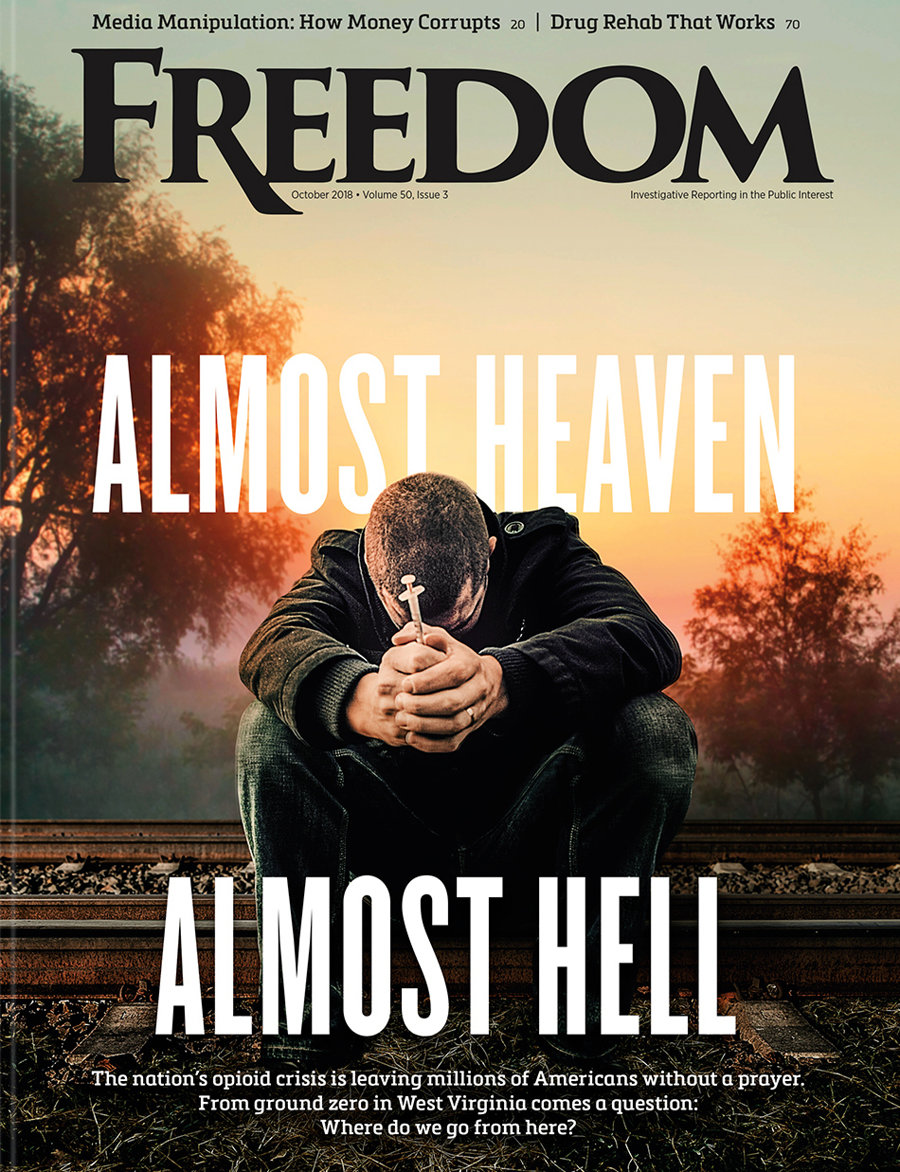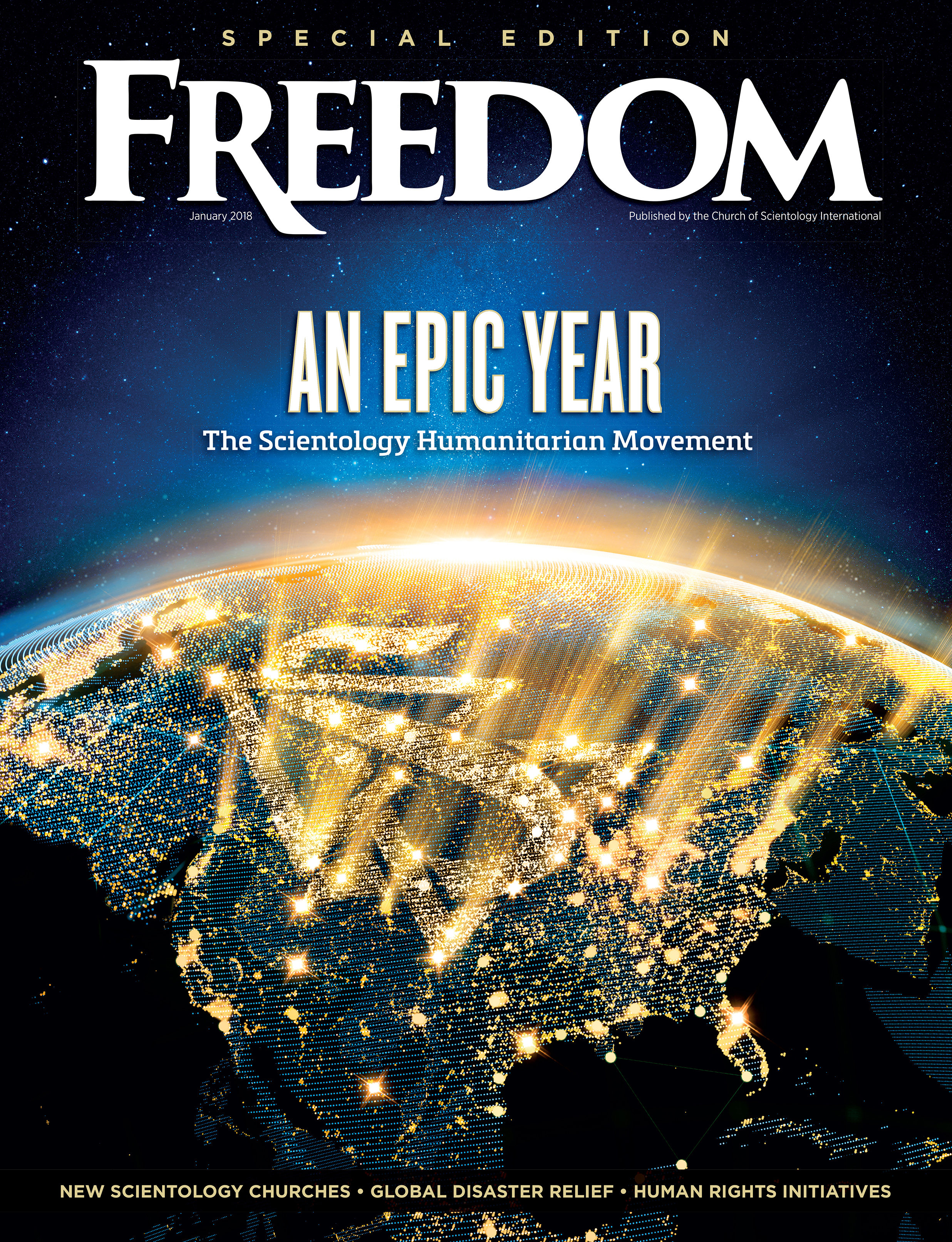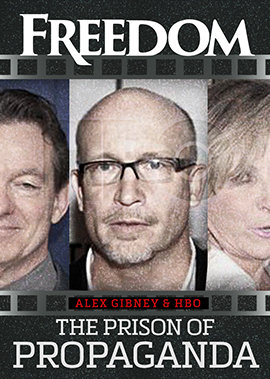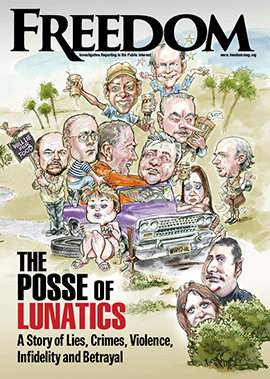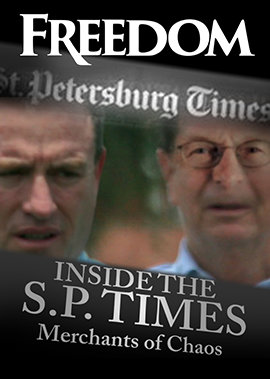Franciscan University of Steubenville, a Catholic institution in Ohio, was better prepared for their tsunami. A new 110,000-square-foot academic building opened for business this semester.
They had to open it. Their student enrollment expanded by nearly 50 percent over the course of the last decade. To accommodate the huge expansion, the university is also adding 175 seats to its chapel.
We’re seeing not an isolated uptick, but a groundswell.
Franciscan and Warner are not the only faith-based universities that have experienced a whopping increase of young adults attending. Benedictine College in Kansas and Christendom College in Virginia both reached new highs in student matriculation in the past few years. Belmont Abbey College in North Carolina, due to its growth spurt, built two new residence halls.

The Church of Jesus Christ of Latter-day Saints–sponsored seminaries, colleges, universities and institutes have also experienced a boom in enrollments at nearly one million this fall.
Palm Beach Atlantic University began overtly marketing itself as a Christian-based educational institution and saw its applications rocket straight up and vertical between 2019 and 2023 at a 305.5 percent clip, with record-breaking freshman classes three years in a row. A new 25-story dormitory to accommodate the tidal wave is now in the proposal stage.
The move toward faith-based higher education is not confined to Christian institutions. More Jewish students than ever are opting to attend Yeshiva University and other Jewish-affiliated centers of higher learning. Yeshiva’s transfer students increased by 75 percent in the spring semester, more undergraduate students applied for admission than at any time in its history and, in all, this year more new undergrads are coming to the New York City Orthodox Jewish institution than in any of the past 15 years.
Another NYC institute serving the Jewish community, Touro University, expects a 10 percent increase in enrollment this year.
At first glance, it would be easy to attribute the increase in attendance to the danger many Jews currently feel on secular campuses. But Rabbi Ari Berman, Yeshiva’s president, while acknowledging that recent events have played a part, pointed out that the expansion in enrollment began before any conflict in the Middle East, most dramatically in a doubling of the grad student population over the past six years.
Moreover, the powder keg that is the Middle East does not explain the boom in enrollment statistics of Christian colleges and universities, signifying that we’re seeing not an isolated uptick, but a groundswell.
The rise in matriculation is all the more remarkable given the grim statistics regarding religion and young people. According to researcher Ryan Burge, speaking at last summer’s Brigham Young University’s Annual Religious Freedom Review, 36 percent of Gen Xers are nonreligious, while that figure rises to 42 percent for millennials and Gen Z. But Burge, a former pastor, says the growth of nones—those who affiliate with no religion—is slowing.
“I do think we’re seeing a ceiling on the rise of the nones, and I’m seeing it in multiple data sources right now, locking in about 30 percent or so,” he said. “That period of exponential growth is over.”
David Hoag, president of the Council for Christian Colleges & Universities, commented, “Schools that are really doubling down on their Christian mission are doing well. Families are looking for places that are safe, that are true to the Christian mission and Christ-centered. I think it’s making a difference.”
Similarly, Yeshiva’s Rabbi Berman sees his university’s growth as a sign that the institution is fulfilling its mission. “It’s moments like these that you see Yeshiva University was established to be a source of excellence and a vehicle in which students can come and bring out their best selves,” he said.
Numbers don’t lie, and the numbers indicate that reports of religion’s demise among young people have been greatly exaggerated.
In the words of L. Ron Hubbard, “Let a man know he is himself, a spiritual being, that he is capable of the power of choice and has the right to aspire to greater wisdom and you have started him up a higher road.”






